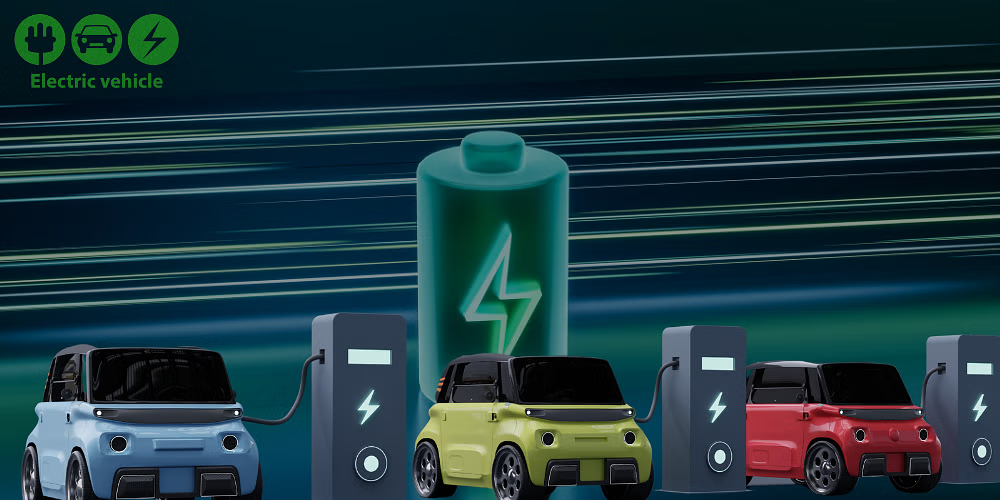India–US Trade Tensions Rise Over Steel and Auto Tariffs NMDC Limited reports a 38% drop in Q4 FY24 consolidated net profit RINL to Raise $23 Million Through Land Sales Amid Crisis

The Indian government has launched a new initiative to promote electric vehicles in the country. After the FAME plan ended on March 31, the Ministry of Heavy Industries implemented a new one that went into effect on April 1.
The government had earlier said that e-vehicles sold till March 31st, or until funds are available, will be eligible for subsidies under the second phase of the Faster Adoption and Manufacturing of Electric Vehicles in India (FAME-II) programme scheme.
Thus, as of Monday, the new ₹500 crore initiative is operational and will last until the end of July. The new programme, known as the Electric Mobility Promotion Scheme 2024 (EMPS 2024), will provide up to ₹10,000 in support for each of the approximately 3.33 lakh two-wheelers.
The new scheme subsidises up to ₹25,000 for over 41,000 small three-wheelers (e-rickshaws and e-carts). The financial support will be up to ₹50,000 in case of a large three-wheeler.
The EMPS 2024, a four-month limited fund scheme of ₹500 crore, aims to boost the adoption of electric two-wheelers and three-wheelers from April 1 to July 31, 2024. The Heavy Industries Ministry unveiled this initiative on March 13 to propel green mobility and enhance the EV manufacturing ecosystem. The scheme targets supporting 3,72,215 EVs, specifically prioritizing vehicles equipped with advanced batteries for incentives.
Aligned with the Atmanirbhar Bharat initiative, EMPS 2024 focuses on fostering a competitive and resilient EV manufacturing industry in India. Adopting the Phased Manufacturing Programme under this scheme promotes domestic manufacturing and strengthens the EV supply chain, paving the way for increased employment opportunities across the value chain.
Also Read : India's lithium quest: challenges in mining and processing expertise for EV boom Centre relaxes quality control regime on steel & textiles